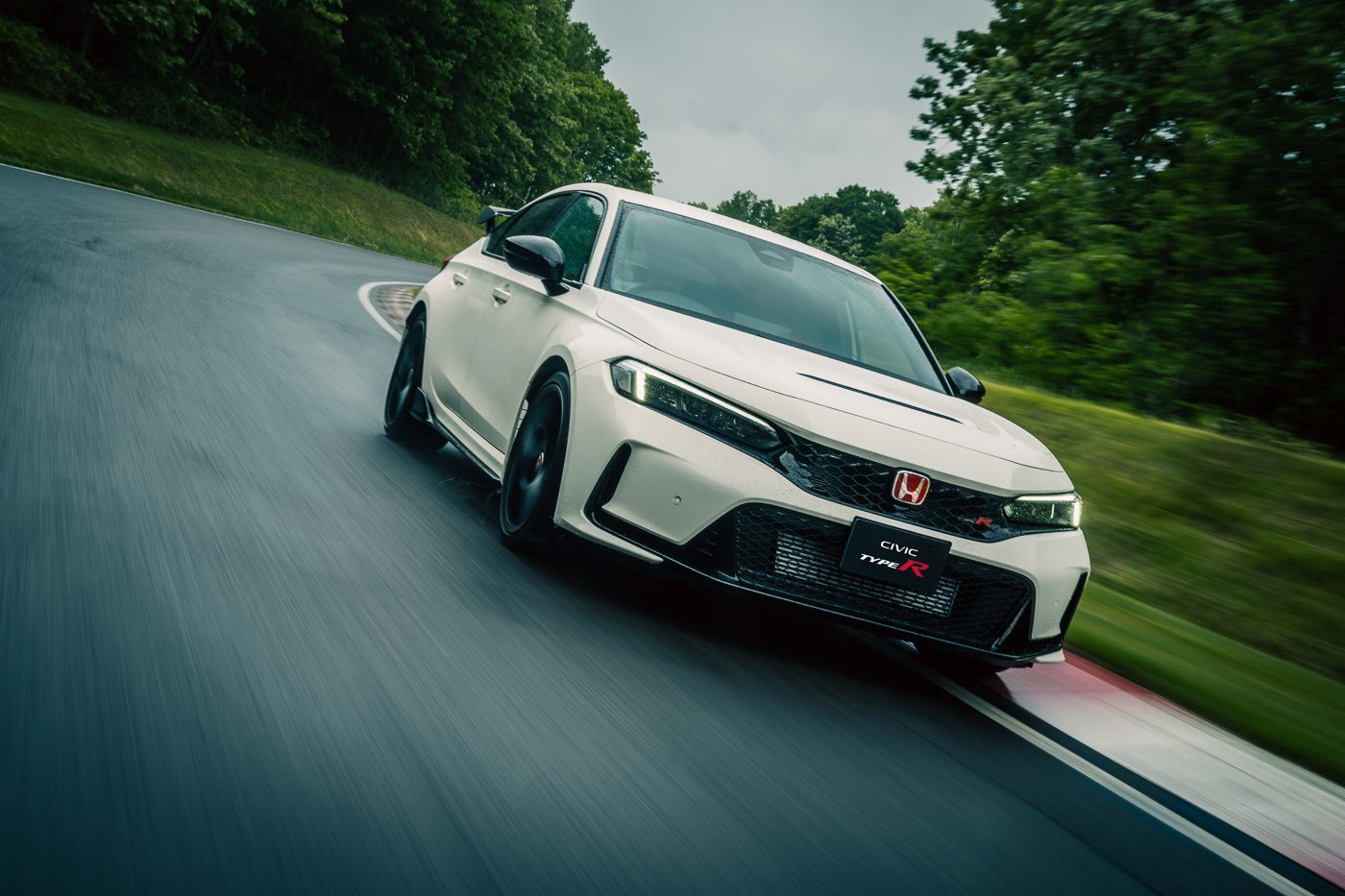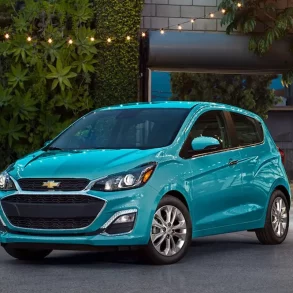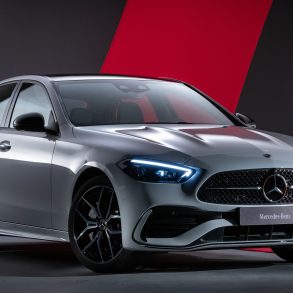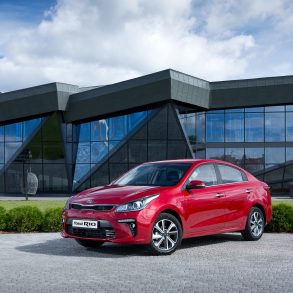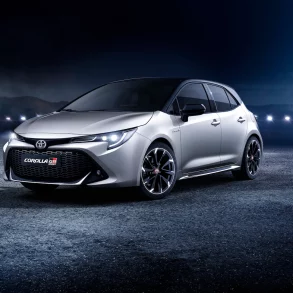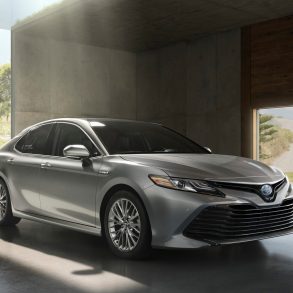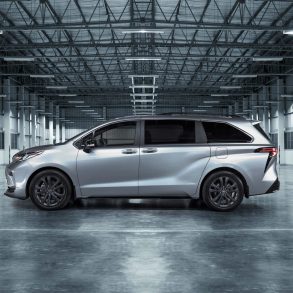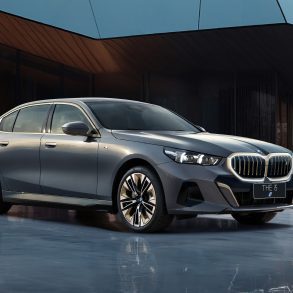Here you will find monthly and yearly Canadian and U.S. sales figures for the Honda Civic. The Honda Civic is a compact car that has been in production since 1972. It is currently in its eleventh generation and is sold in North America, Europe, Asia, and Oceania. The Honda Civic is one of Honda’s most iconic and enduring models, known globally for its reliability, fuel efficiency, and affordability.
Since its introduction in 1972, the Civic has spanned multiple generations, each bringing innovations in design, technology, and engineering. Introduced as a two-door subcompact car, the Civic was Honda’s response to the oil crisis of the 1970s, offering a fuel-efficient alternative to larger, more consumptive vehicles. The Civic grew in size and technological sophistication over the decades, evolving from a basic economy car to one that offers advanced features and more refined driving dynamics.
The current Civic is powered by a 1.5L turbocharged four-cylinder engine that produces 174 horsepower and 162 lb-ft of torque. It is available with a choice of a continuously variable transmission (CVT) or a six-speed manual transmission. The Civic is available in two body styles: a four-door sedan and a two-door hatchback. It is also available in a variety of trim levels, including the base LX, the Sport, the EX, and the Touring. The Civic is a good choice for those looking for a fuel-efficient and fun-to-drive compact car. It is also known for its comfortable ride and spacious interior.
The Civic competes in the compact car segment and faces competition from models like the Toyota Corolla, Ford Focus, Chevrolet Cruze, Hyundai Elantra, and Mazda3, among others.
The Civic is known for its sporty handling and fuel efficiency. It has been one of the best-selling cars in the world for many years. The Honda Civic is a popular choice for young professionals and those who need a fuel-efficient and fun-to-drive car. It is also a popular choice for students and those on a budget. The Civic has received numerous awards and recognitions throughout its history, underlining its consistent performance, reliability, and value. Alongside the Accord, the Civic has been foundational for Honda, especially in the U.S. and European markets. It has played a significant role in establishing Honda’s reputation for building reliable, efficient, and well-engineered vehicles.
| Year | Sales Units |
|---|---|
| 2005 | 308,415 |
| 2006 | 316,638 |
| 2007 | 331,095 |
| 2008 | 335,126 |
| 2009 | 259,722 |
| 2010 | 260,218 |
| 2011 | 221,235 |
| 2012 | 344,996 |
| 2013 | 336,181 |
| 2014 | 326,081 |
| 2015 | 335,384 |
| 2016 | 366,927 |
| 2017 | 377,286 |
| 2018 | 325,760 |
| 2019 | 325,650 |
| 2020 | 261,225 |
| 2021 | 263,787 |
| 2022 | 133,932 |
| 2023 | 200,381 |
| 2024 | 242,005 |
| Year | Sales Units |
|---|---|
| 2011 | 3,653 |
| 2012 | 64,962 |
| 2013 | 64,063 |
| 2014 | 66,057 |
| 2015 | 58,678 |
| 2016 | 64,552 |
| 2017 | 69,030 |
| 2018 | 69,005 |
| 2019 | 60,139 |
| 2020 | 50,805 |
| 2021 | 43,556 |
| 2022 | 15,331 |
| Year | Sales Units |
|---|---|
| 1997 | 145,540 |
| 1998 | 132,927 |
| 1999 | 89,069 |
| 2000 | 69,475 |
| 2001 | 78,934 |
| 2002 | 73,845 |
| 2003 | 70,717 |
| 2004 | 92,192 |
| 2005 | 84,204 |
| 2006 | 99,852 |
| 2007 | 120,799 |
| 2008 | 111,206 |
| 2009 | 90,066 |
| 2010 | 66,941 |
| 2011 | 47,243 |
| 2012 | 40,999 |
| 2013 | 43,009 |
| 2014 | 42,035 |
| 2015 | 43,652 |
| 2016 | 45,299 |
| 2017 | 41,285 |
| 2018 | 43,256 |
| 2019 | 37,486 |
| 2020 | 17,282 |
| 2021 | 14,417 |
| 2022 | 5,063 |
Monthly and annual sales figures for the Honda Civic in China. The Honda Civic is made in China by the Dongfeng-Honda joint venture. In 2021, Honda’s other Joint Venture with GAC started production of the Honda Integra, which is a clone of the 11th generation Civic. Car sales statistics from China only include domestic production and exclude imported models.
| Year | Sales Units |
|---|---|
| 2006 | 36,825 |
| 2007 | 81,323 |
| 2008 | 83,317 |
| 2009 | 95,345 |
| 2010 | 101,000 |
| 2011 | 78,087 |
| 2012 | 79,763 |
| 2013 | 64,399 |
| 2014 | 51,871 |
| 2015 | 32,686 |
| 2016 | 90,014 |
| 2017 | 173,865 |
| 2018 | 218,132 |
| 2019 | 243,966 |
| 2020 | 245,126 |
| 2021 | 159,026 |
| 2022 | 159,725 |
The first generation Civic was introduced in Japan in 1972 and in the United States in 1973. It was a small, fuel-efficient car that was well-received by consumers. Introduced as a subcompact car, it was Honda’s answer to the oil crisis of the 1970s. Initially available as a two-door model, with a three-door hatchback added later. Powered by a 50 hp, 1.2L engine.
The second generation Civic was larger and more powerful than the first generation. It also introduced a new hatchback body style. Both body size and engine capacity increased. Introduced as a three-door hatchback, four-door sedan, and a five-door wagon. The sportier 1.5L CVCC engine was also available.
The third generation Civic was a major redesign that introduced new styling, features, and engines. It also became available in a three-door hatchback body style. Significant design overhaul, making it more aerodynamic. The first introduction of the four-wheel-drive wagon. Diverse range of models, including the sporty Si model in the U.S.
The fourth generation Civic was the first to be available in the United States with a VTEC engine. It also introduced a new aerodynamic design. Further improvements in aerodynamics and design. Introduction of the VTEC engine, offering higher performance and efficiency. Six different body styles, including sedan, hatchback, and wagon.
The fifth generation Civic was a major redesign that introduced a new platform and engines. It also became available in a two-door coupe body style. This generation emphasized safety, with features like dual airbags and anti-lock brakes. Enhanced performance with the expanded use of the VTEC engine. Recognized for improved handling and ride quality.
The sixth generation Civic was a refinement of the fifth generation design. It also introduced a new Type R performance model. Introduction of models like the EK9 Type R. The U.S. saw the introduction of the HX Coupe, a fuel-efficient variant with a CVT (Continuous Variable Transmission).
The seventh generation Civic was a major redesign that introduced a new platform and engines. It also became available in a hybrid powertrain. A shift towards a larger body and more focus on interior space and features. Introduction of the Civic Hybrid, using Honda’s Integrated Motor Assist system. Emphasis on reducing emissions; the GX model ran on compressed natural gas.
The eighth generation Civic was a refinement of the seventh generation design. Radical redesign, especially in the U.S., with a split-level dashboard. Introduction of the Civic Si Sedan performance model in the U.S. The European version was a more conventional hatchback.
The ninth generation Civic was a major redesign that introduced a new platform and engines. It also became available in a coupe body style. Refinement of the previous generation’s design. Improved fuel economy and more advanced tech features. Some criticism for less sporty handling and cheaper interior materials.
The tenth generation Civic is the current generation. It was a major redesign that introduced a new platform and engines. It also became available in a hatchback body style. A return to sportier, more aggressive styling. Offered as sedan, coupe, hatchback, Si models, and the Type R performance variant. Introduction of the turbocharged engine for the first time in the U.S.
The eleventh generation Civic is the latest generation. It was introduced in 2022 and features a new design, interior, and technology.


